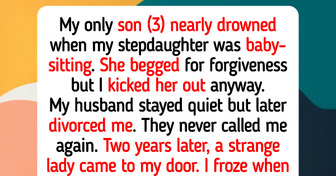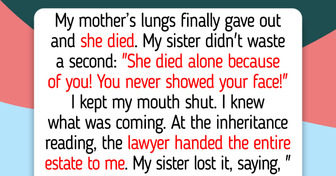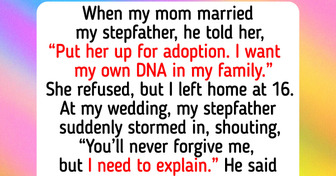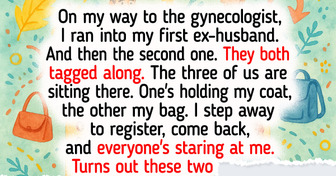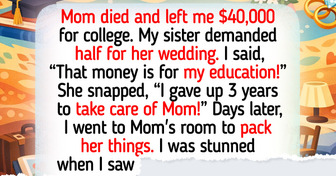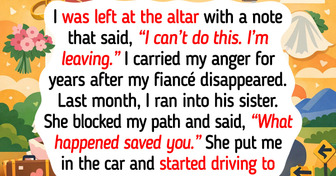I Paid for My Ex to Visit Our Son—Then Learned the Real Reason She Came
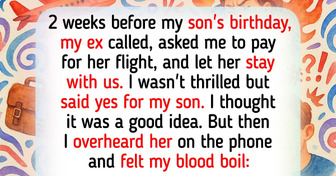
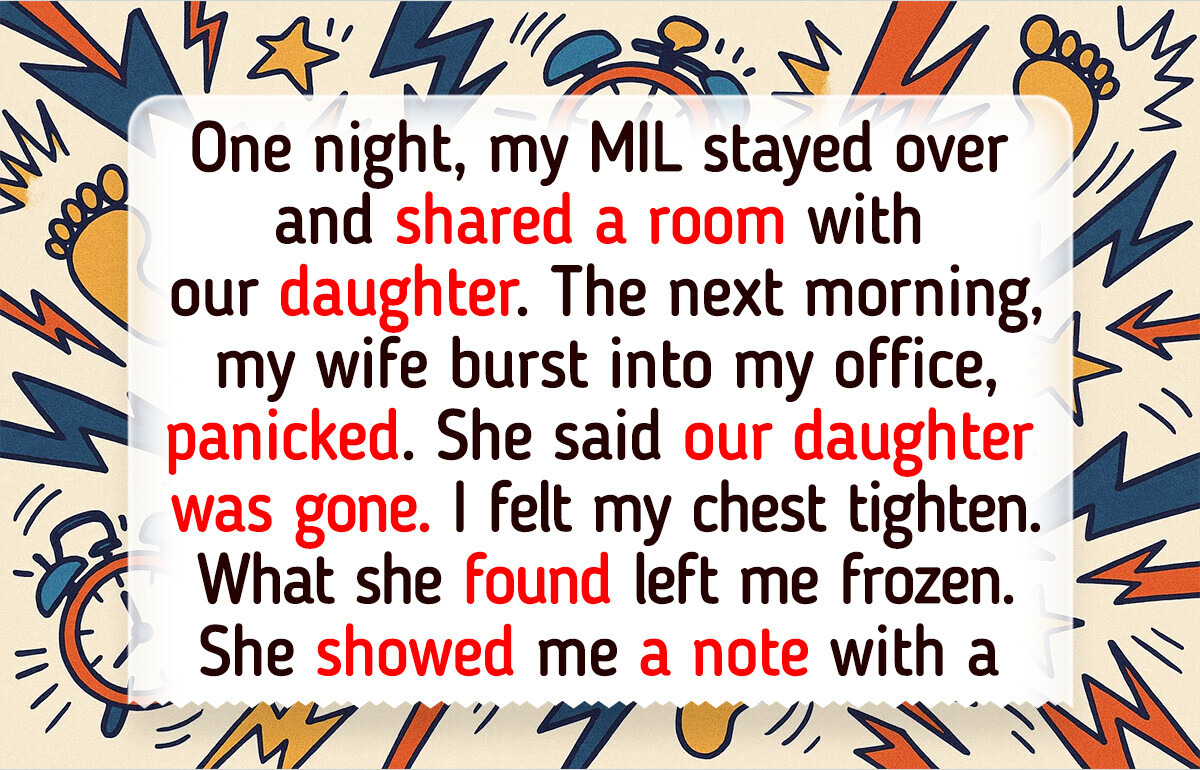
Family is supposed to be a source of love, support, and safety—but it’s rarely that simple. Beneath the surface, even the closest families can carry years of unspoken tension, buried secrets, and unresolved pain. And sometimes, all it takes is one moment, one conversation, for everything to unravel.
One night, my MIL stayed over and shared a room with our daughter. They had never shared a room before, but MIL insisted it would be nice. Everything seemed normal as they settled in, and the house grew still.
I never imagined what the morning would bring.
The next morning, my wife burst into my office, panicked. She said our daughter was gone—nowhere in the house. I felt my chest tighten.
What she found left me frozen. She showed me a note with a few words written by our daughter, “I know what had happened 10 years ago.”
We know the truth about what happened back then — the truth is that her father isn’t her biological father, he’s actually her stepfather. But we don’t know if or when we should tell her, because her father never wanted to be part of this family. This whole situation has left us anxious and torn, afraid of what the consequences might be. We’re struggling to decide what the right thing to do is.
If anyone has advice on how to handle something like this, we desperately need help.
Thank you for sharing your story, dear reader! We’re so sorry you’re going through something this heavy—it sounds incredibly painful and complicated. No parent ever expects to face a moment like this, and it’s completely understandable to feel overwhelmed.
A child psychologist is a mental health professional who uses evaluations and therapy to help children and teens cope with emotional, behavioral, social, and mental health challenges. They support young people in managing life issues and improving well-being. A mental health professional can guide you on how to approach the conversation in an age-appropriate and emotionally safe way.
There’s never a wrong time to improve communication with our children, but it becomes especially important during times of stress. This may not be a one-time talk. Be open to revisiting it over time as she grows and understands more, and continue being a source of emotional support.
A support system is a network of people who offer practical or emotional help. Built on trust and care, it gives children the reliable connections they need throughout life. Whatever the truth is, what your daughter needs most is to feel safe, loved, and supported. Keep reminding her of that as you go through the process.
At the heart of it all, families are shaped as much by what is hidden as by what is shared. The hardest part isn’t always knowing the truth—it’s deciding what to do with it. Would you tell your child the truth—or protect them from it?


